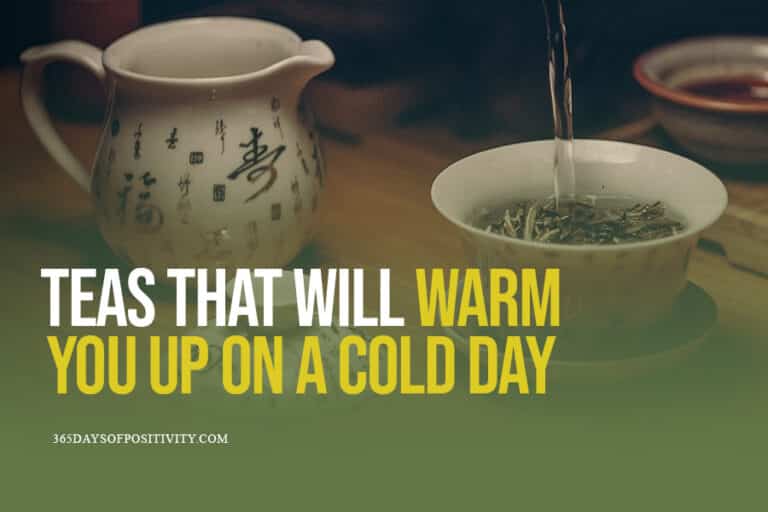Testosterone, often hailed as the quintessential male hormone, plays a pivotal role in the development and maintenance of male health. It’s not just about muscle mass and aggression, as popular culture might suggest; testosterone influences a broad range of physiological processes including fertility, bone density, fat distribution, and red blood cell production. Beyond its physical health implications, testosterone levels significantly impact mental health, mood, and overall well-being. This chapter will explore the multifaceted role of testosterone in male health, debunk common myths, and discuss its implications throughout the lifespan.

Understanding Testosterone Levels
Testosterone levels in men typically peak in early adulthood and gradually decrease with age. However, not all men experience this decrease in the same way, and some may face lower levels than what is considered normal for their age group. This condition, known as low testosterone or “Low T,” can lead to significant health issues, including reduced libido, decreased muscle mass, and a higher risk of osteoporosis. Understanding one’s testosterone levels through professional medical evaluation is the first step toward addressing any potential concerns.
Common Myths About Testosterone
There are several myths surrounding testosterone and its effects on the body and behavior. One of the most pervasive is the idea that high levels of testosterone are directly linked to aggressive behavior and hyper-masculinity. However, research shows that the relationship between testosterone and aggression is not so straightforward. Additionally, the misconception that testosterone therapy can solve all aspects of age-related decline in men can lead individuals to overlook the importance of a holistic approach to health maintenance.
Testosterone Replacement Therapy
Testosterone replacement therapy (TRT) is a medical treatment designed to restore testosterone levels to a normal range in men diagnosed with low testosterone, or “Low T.” This therapy can be administered in various forms, including injections, patches, gels, and tablets. If you live in Arizona, seeking testosterone replacement therapy Chandler has to offer can significantly improve your quality of life. Medical professionals in Chandler are well-versed in diagnosing and treating Low T, tailoring treatment plans to meet the individual needs of their patients. While TRT can significantly improve symptoms such as low libido, fatigue, loss of muscle mass, and depression, it’s not suitable for everyone. Patients need to work closely with their healthcare providers to assess the benefits and potential risks, such as increased risk of heart-related complications and prostate issues. Before initiating TRT, a comprehensive evaluation is necessary to ensure that it is the appropriate course of action.
The Importance of Diet
Maintaining optimal testosterone levels is crucial for overall health and well-being. A balanced diet rich in key nutrients like Vitamin D, zinc, and omega-3 fatty acids plays a significant role in supporting healthy testosterone levels. Incorporating foods such as fatty fish, leafy greens, and nuts into your meals can help ensure you are getting these essential nutrients. Additionally, reducing the consumption of excessive sugar and processed foods is recommended to avoid potential insulin resistance, which has been associated with lower testosterone levels in the body.
Exercise and Testosterone
Regular physical activity is not only beneficial for weight management but also plays a vital role in hormone regulation. Engaging in strength training and high-intensity interval training (HIIT) has been shown through studies to have a positive impact on testosterone production in men. By making these exercises a consistent part of your routine, you can effectively support healthy testosterone levels, which in turn can help in reducing stress levels and promoting overall well-being among other benefits.
Sleep and Hormone Regulation Importance
Quality sleep plays a vital role in maintaining overall health, and it is particularly crucial for balancing hormone levels, including the regulation of testosterone. Recent research has indicated that inadequate sleep duration may lead to a decrease in testosterone levels, especially noticeable in young, healthy males. Therefore, ensuring a consistent nightly sleep duration of 7-9 hours can significantly impact the body’s testosterone production, ultimately enhancing hormone health and well-being.
Stress Management and Hormone Balance
Effective stress management is key to preserving ideal hormone levels, such as testosterone, within the body. Prolonged exposure to stress can elevate cortisol levels, potentially interfering with the natural production of testosterone. By incorporating stress-relieving activities like mindfulness exercises, meditation practices, and regular physical activity into your daily routine, you can effectively reduce cortisol levels. This, in turn, supports the maintenance of healthy testosterone levels, promoting overall hormone balance and well-being.

Understanding the complex role of testosterone in male health is crucial for enhancing well-being and quality of life. While it impacts a broad array of physiological and psychological processes, from muscle maintenance to mood regulation, the myths surrounding testosterone often overshadow its true significance.
Through this chapter, we’ve explored testosterone’s multifaceted role, addressed common misconceptions, and highlighted the importance of diet, exercise, sleep, and stress management in maintaining healthy testosterone levels. Whether you’re considering testosterone replacement therapy or seeking natural ways to support hormone balance, it’s essential to approach your health holistically. Consulting healthcare professionals, adopting a balanced lifestyle, and staying informed about your body’s needs can empower you to take control of your health and ensure that testosterone remains an ally in your quest for vitality and well-being.





